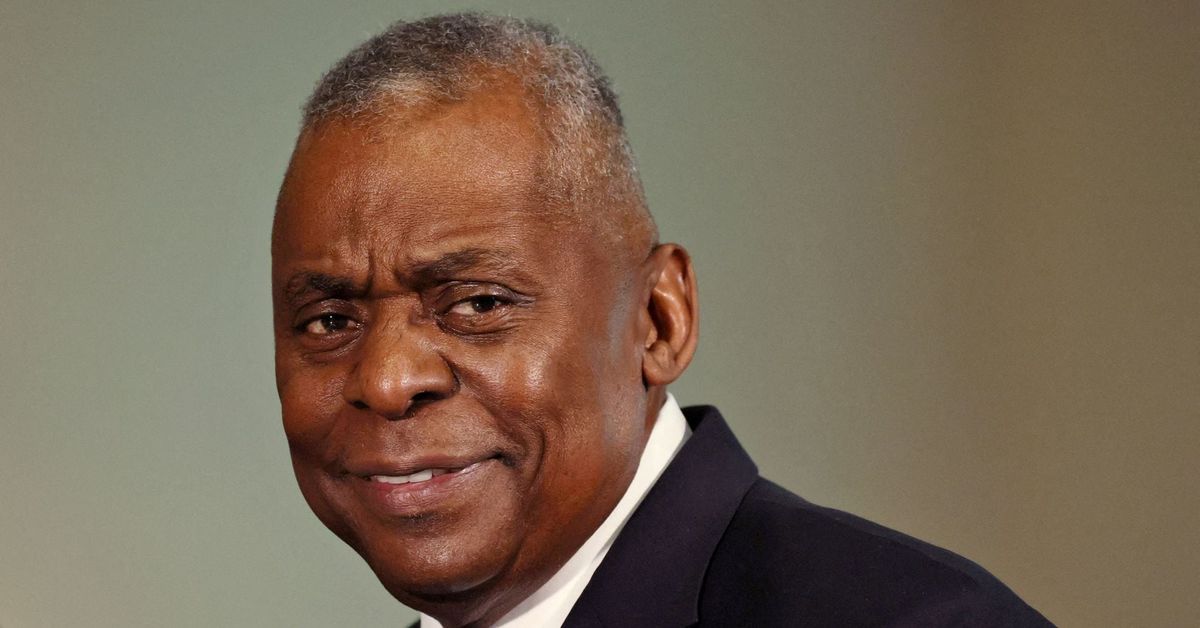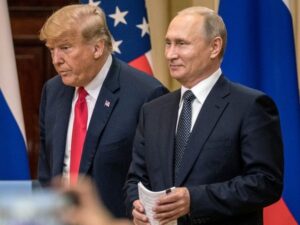
U.S. Defense Secretary Lloyd Austin has canceled a trip to Brussels where he was to take part in meetings with other NATO defense ministers, a U.S. official said on Monday, after the Pentagon chief was admitted to a critical care unit and had to transfer his duties to his deputy.
Austin, 70, was taken to Walter Reed Military Medical Center on Sunday for “symptoms suggesting an emergent bladder issue”, the Pentagon said. Austin had failed to disclose a prostate cancer surgery in December and a subsequent hospitalization in January to deal with its complications.
Austin was set to depart for the meeting of NATO defense ministers in Brussels taking place on Thursday, and a separate meeting with allies on Wednesday on how to continue supporting Ukraine in countering Russia’s invasion.
The official, speaking on condition of anonymity, said the meeting on Ukraine’s defense needs, known as the Ukraine contact group, would be held virtually.
It was unclear how long Austin would remain in the hospital, but he has transferred his duties to Deputy Secretary of Defense Kathleen Hicks.
Austin’s secrecy during his hospitalizations in December and January raised a political uproar. Republicans accused him of dereliction of duty. President Joe Biden, a Democrat, has said he has confidence in Austin despite what the president agreed was a lapse in judgment.
Earlier this month, Austin apologized for failing to tell Biden and senior staff about his cancer diagnosis ahead of time, adding that the health scare was a “gut punch” that had shaken him.
The most recent hospitalization was publicly announced soon after he was taken there by his security detail.
Austin is scheduled to testify before Congress on Feb. 29 about the secrecy surrounding his initial hospitalization.
His trip would have come at a critical time in Europe.
A narrowly divided U.S. Senate moved closer to passing a $95.34 billion aid package for Ukraine, Israel and Taiwan on Sunday, but it would face an uncertain future in the House of Representatives.
The legislation includes $61 billion for Ukraine, which is viewed as crucial by Kyiv as it grinds toward the second anniversary of full-scale Russia’s invasion, with front lines in the east and south largely static for many months.
Former President Donald Trump, who is seeking a return to power in the November election, raised a storm of criticism from the White House and top Western officials over the weekend for suggesting he would not defend NATO allies who failed to spend enough on defense and would even encourage Russia to attack them.






